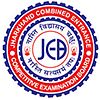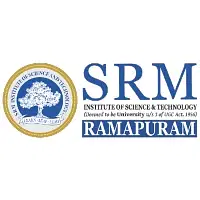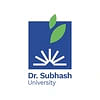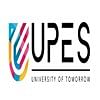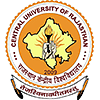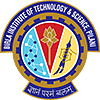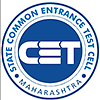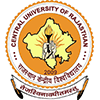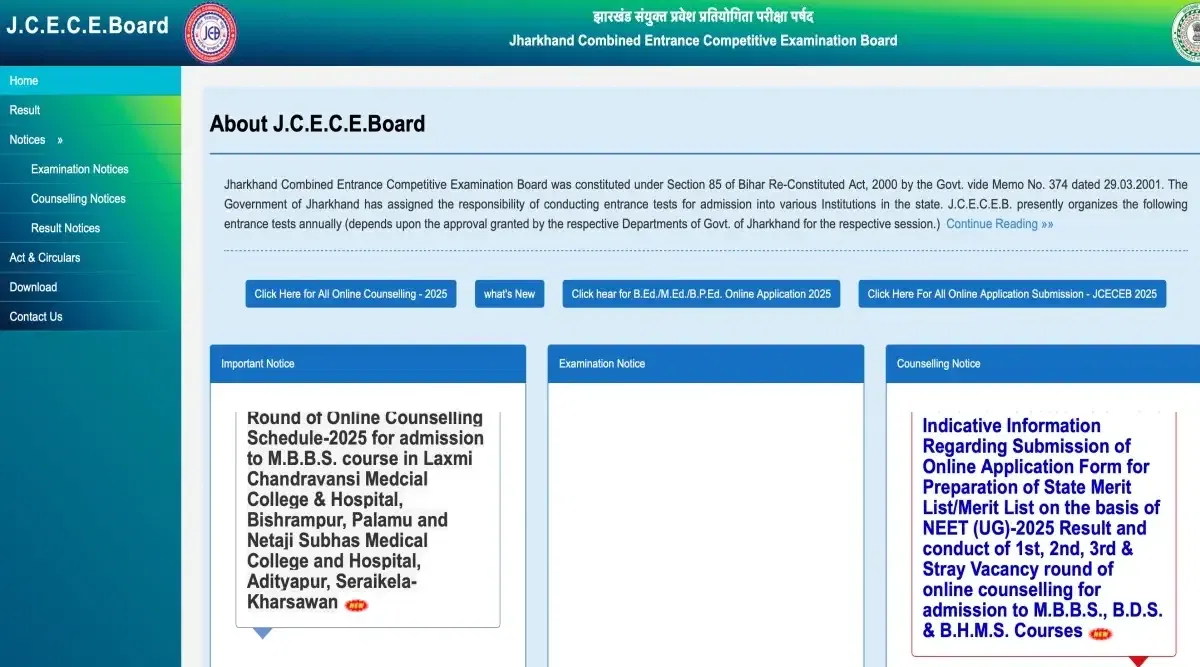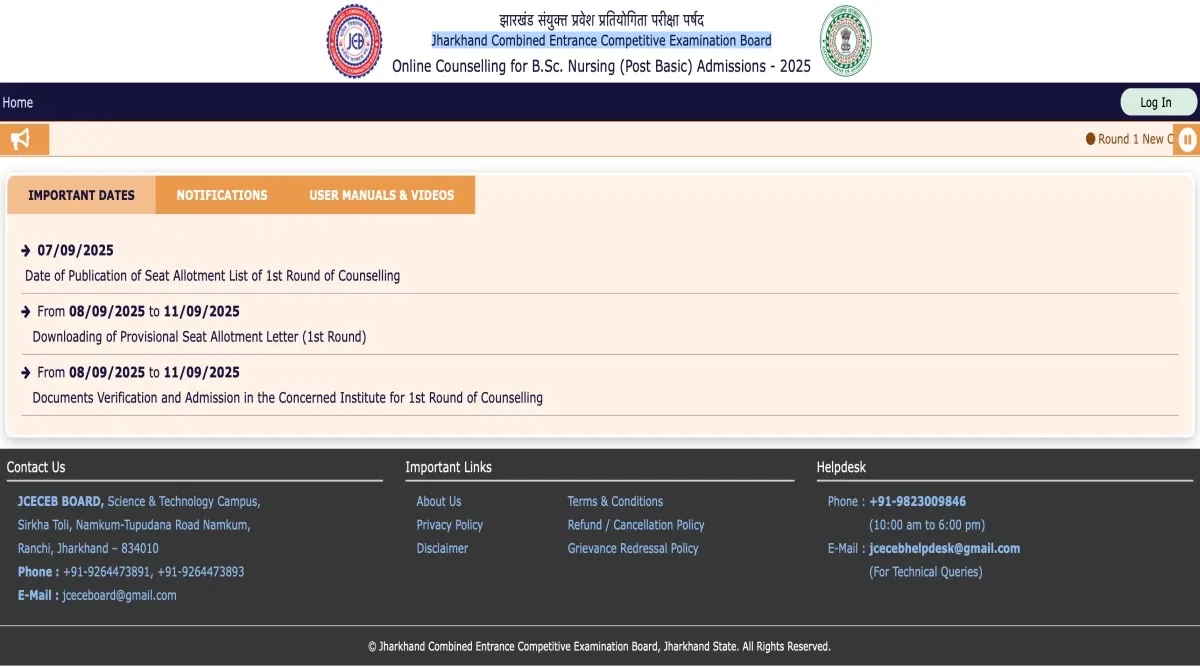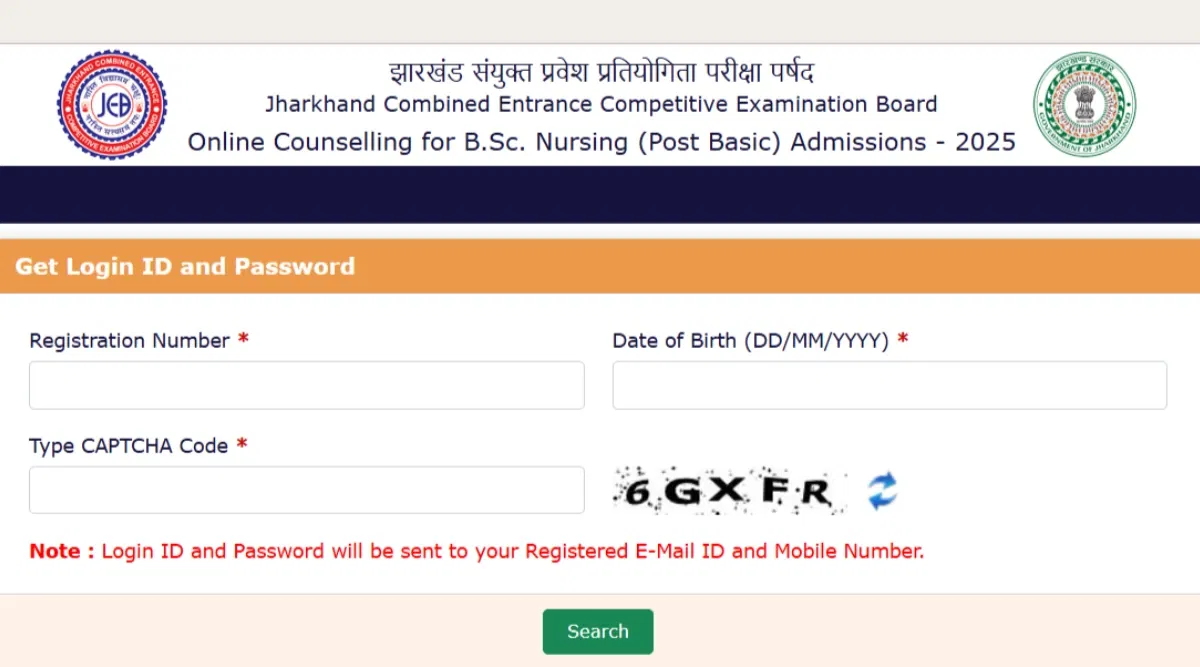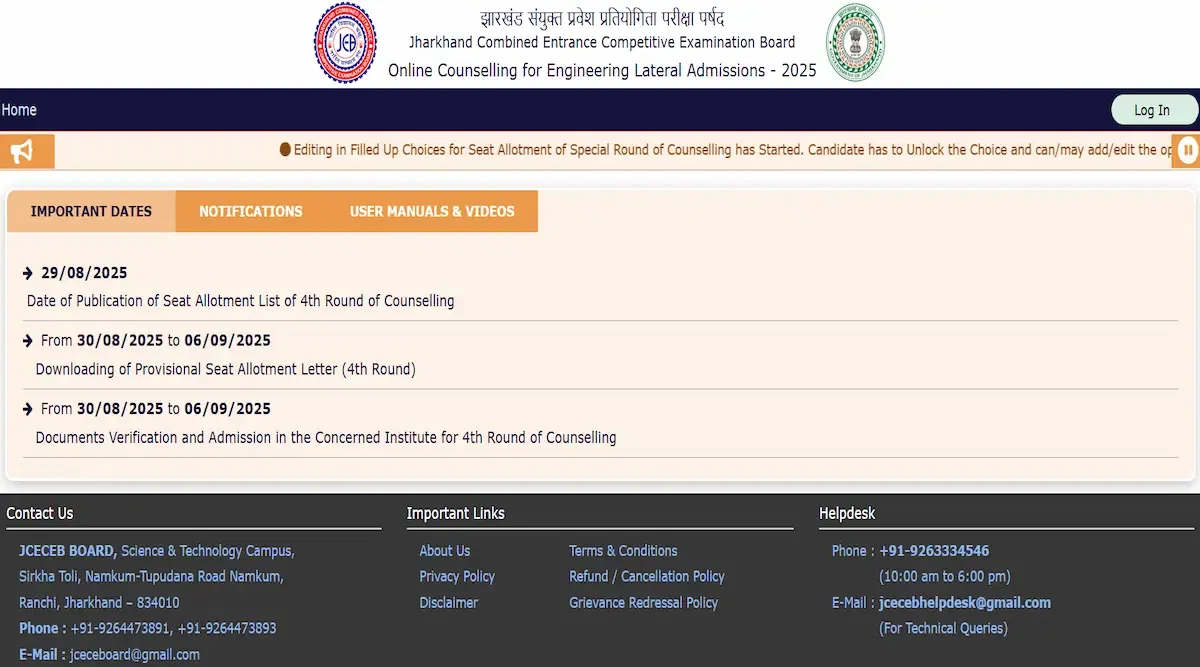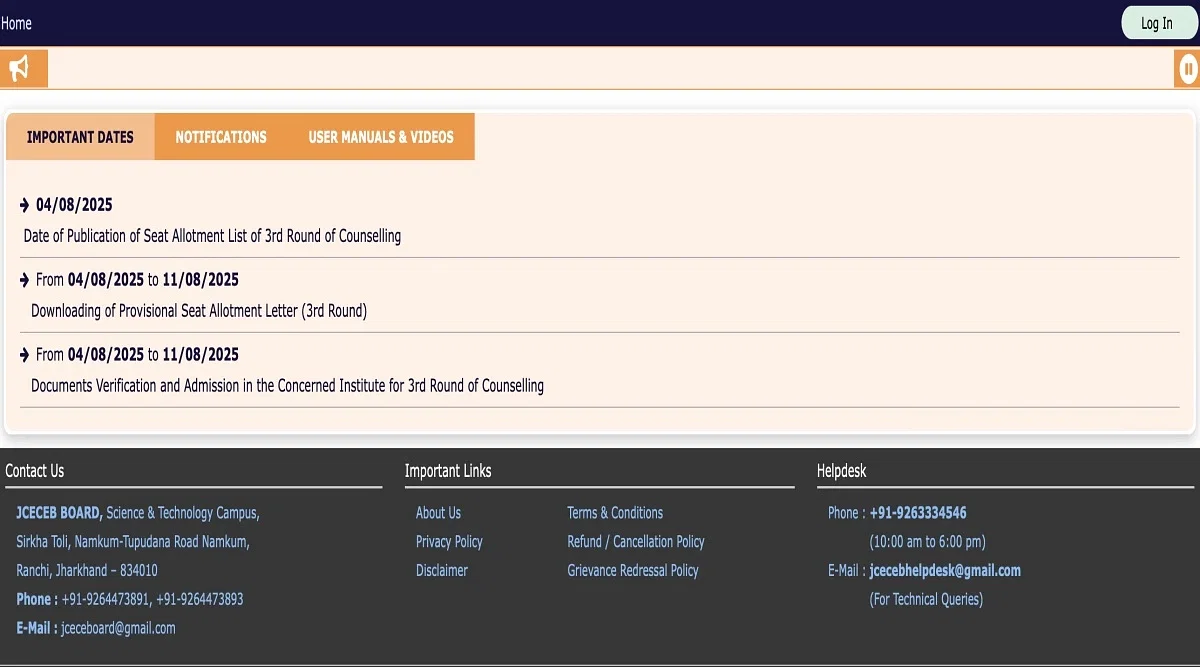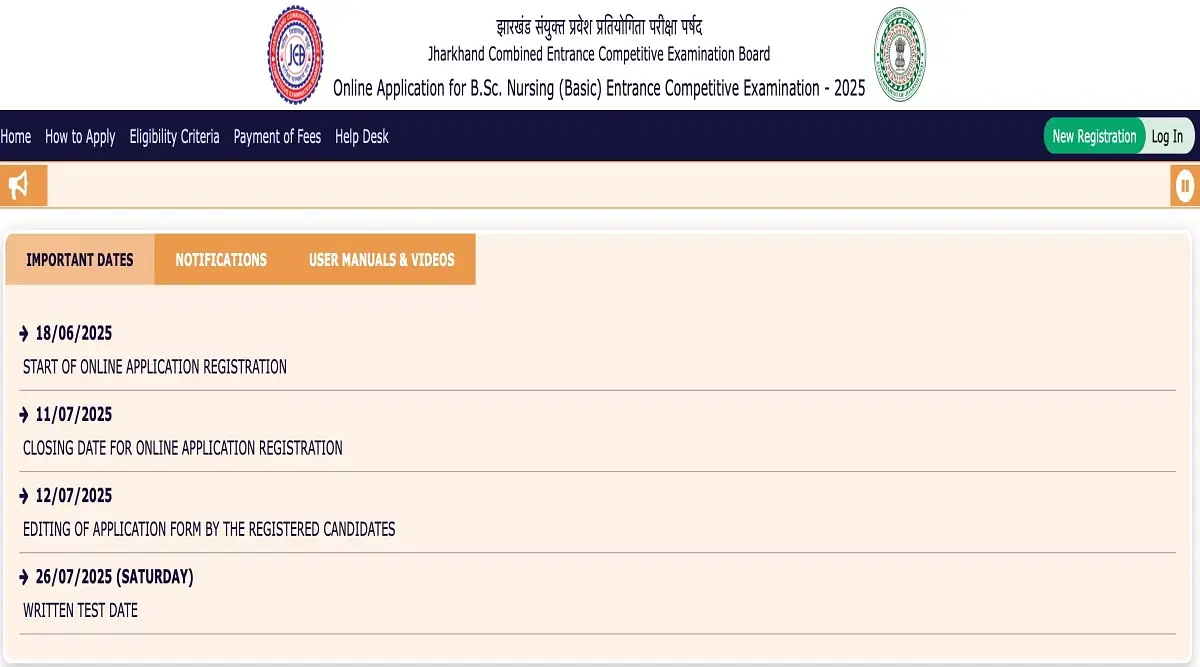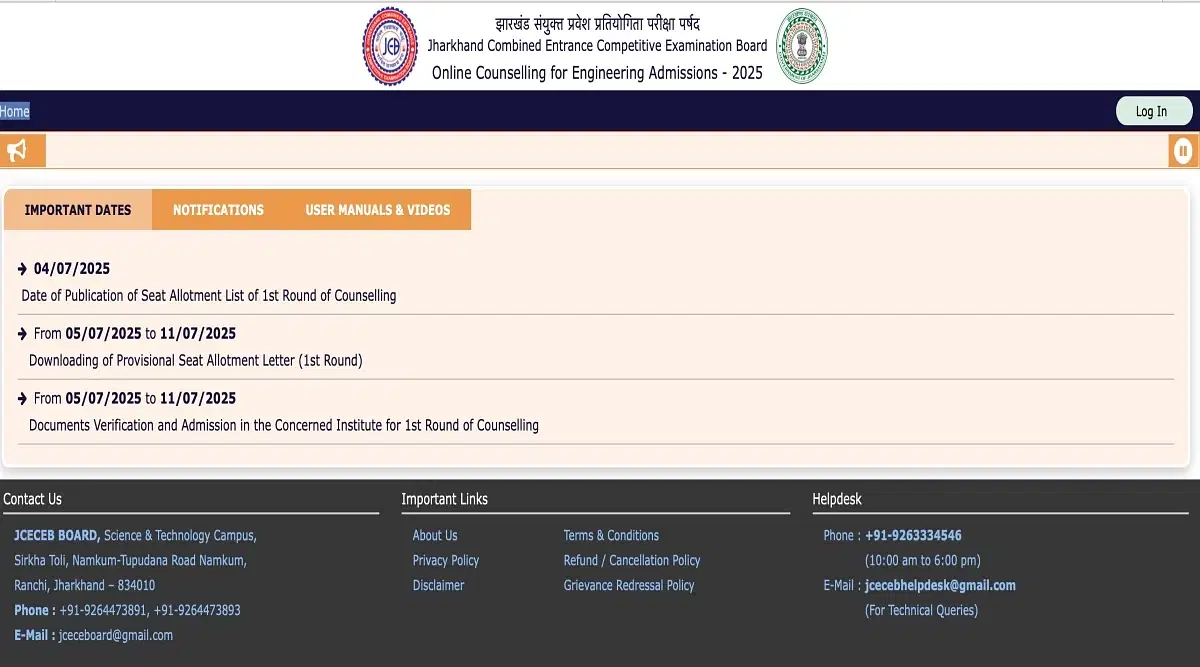
Table of Contents
JCECE syllabus 2025 is mostly based on the portions from class 11 and 12 NCERT textbooks. Basic topics from Physics, Chemistry, Mathematics and Biology are prescribed in the official syllabus. Given below is the list of subjects and important topics in each of them. Candidates must make sure to go through the entire syllabus to prepare themselves for the JCECE 2025 exam
JCECE syllabus 2025 is downloadable and candidates can download it from the official website of JCECE. Candidates are advised to study according to the topics of the JCECE syllabus pdf 2025. The syllabus of JCECE contains numerous topics and each subject carries a different weightage.
Steps to Download JCECE Syllabus 2025
Candidates can download the JCECE syllabus from the official website. The exam authorities have released the Section-wise JCECE 2025 syllabus for PCB, PCM, and PCBM. Candidates must study according to the syllabus to master their subjects. Candidates can refer to the steps below to download the subject-wise JCECE 2025 syllabus.
- Step 1. Candidates need to visit the official website at jcece.jharkhand.gov.in
- Step 2. Now candidates need to click on the admission section.
- Step 3. Now click on the JCECE syllabus link.
- Step 4. Upon clicking the syllabus will be downloaded in PDF format. Candidates can take a printout of it for future reference.
JCECE Syllabus 2025 Overview
As mentioned earlier, the subjects for the four sections of the exam are Physics, Mathematics, Chemistry and Biology. The exam paper is based on the topics from the NCERT textbooks for classes 11 and 12. JCECE 2025 syllabus contains detailed information on subjects, topics and sections. Candidates need to check the JCECE exam syllabus 2025 for better performance in the examination. The JCECE syllabus will help candidates to understand the topics, and sections of the JCECE examination 2025.
Applicants are advised to prepare according to the JCECE 2025 exam syllabus. The important topics for each subject are given below.
JCECE Syllabus for Physics
The topics for the Physics syllabus that the applicants must focus on are listed below.
- Introduction & Measurement
- Description of Motion in One Dimension
- Description of Motion in Two & Three Dimension
- Laws of Motion
- Work, Energy & Power
- The motion of the System of Particles & Rigid Body Rotation
- Gravitation
- Mechanics of Solids & Fluids
- Heat & Thermodynamics
- Oscillations, Waves, Electrostatics
- Current Electricity
- Magnetic Effect of Current & Magnetism
- EMI & Alternating Current
- Electromagnetic Waves
- Optics
- Dual Nature of Matter & Radiations
- Atomic Nucleus
- Solids & Semiconductor Devices and Principles of Communications
- Most Important Topics
- Atoms & Nucleus
- Oscillations & Waves
- Rotational Motion
- Electrostatics
- Laws of Motion and Magnetic Effects of Current & Magnetism
Most Important Topics in the Physics Section
The most important topics that the applicants must pay more attention to for Physics are as given below.
- Description of Motion in One, Two & Three Dimension
- Laws of Motion
- The Motion of System of Particles & Rigid Body Rotation
- Mechanics of Solids & Fluids
- Heat & Thermodynamics
- Current Electricity
- Optics
- Dual Nature of Matter & Radiations
- Atomic Nucleus
- Waves
- Electrostatics
JCECE Syllabus for Chemistry
The syllabus for Chemistry for JCECE exam is as given below.
- Basic Concepts and Atomic Structure
- Bonding and Molecular Structure
- The States of Matter
- Periodic Properties of Elements & Hydrogen
- S-Block Elements & Principles of Metallurgy
- P-Block Elements
- D-Block & F-Block Elements
- Thermodynamics
- Chemical Equilibrium
- Solutions
- Redox Reaction & Electrochemistry
- Chemical Kinetics
- Surface Chemistry
- Coordination Compounds & Organometallics
- Basics Principles
- Purification & Characterization of Organic Compounds
- Hydrocarbons
- Organic Reaction Mechanism
- Stereochemistry
- Organic Compounds With Functional Groups Containing Halogens
- Organic Compounds With Functional Groups Containing Oxygen
- Organic Compounds With Functional Groups Containing Nitrogen
- Polymers & Biomolecules and Environmental Chemistry & Chemistry in Everyday Life.
Most Important Topics in the Chemistry Section
The most important topics for Chemistry is as given below.
- Organic Compounds Containing Oxygen
- Equilibrium
- Chemical Kinetics
- d & f block Elements
- s-block Elements
- Chemical Bonding & Molecular Structure
- Some Basic Concepts of Organic Chemistry
- p-Block Elements
- Coordination Compounds
- Chemical Thermodynamics
JCECE Syllabus for Mathematics
The topics for Mathematics syllabus are as listed below.
- Sets
- Relation & Functions
- Complex Numbers
- Quadratic Equations
- Sequence & Series
- Permutations, Combinations
- Binomial Theorem & Mathematical Induction
- Matrices & Determinants
- Linear Inequations
- Mathematical Logic & Boolean Algebra
- Trigonometric Functions & Inverse Trigonometric Functions
- Cartesian System of Rectangular Coordinates
- Lines & Family of Lines
- Circles & Family of Circles
- Conic Sections
- Vectors
- 3D Geometry
- Statistics & Probability
- Functions
- Limits & Continuity
- Differentiation
- Application of Derivatives
- Indefinite Integrals
- Definite Integrals and Differential Equations
Most Important Topics in the Mathematics Section
The most important topics that the applicants must focus on are as given below.
- Integrals
- Probability
- Conic Sections
- Straight Lines
- 3D Geometry
- Trigonometry
- Vector Algebra
- Sets Relations & Functions and Matrices & Determinants
JCECE Syllabus for Biology
The syllabus for Biology includes the topics given below.
- Diversity in the Living World
- Plant Kingdom
- Cell and Cell Division
- Physiology of Plants
- Reproduction
- Growth & Development
- Ecology & Environment
- Biotechnology
- Origin & Evolution of Life
- Animal Kingdom
- Structural Organization of the Body
- Genetics
- Physiology of Animals
- Reproduction & Development in Animals
- Biodiversity and Conservation and Biology in Human Welfare
Most Important Topics in the Biology Section
The important topics that the applicants must focus on in the Biology section are as given.
- Plant Kingdom
- Cell and Cell Division
- Reproduction
- Ecology & Environment
- Biotechnology
- Origin & Evolution of Life
- Genetics
- Physiology of Animals
- Reproduction & Development in Animals
JCECE Exam Weightage 2025
The JCECE examination 2025 is conducted for 200 marks and contains MCQ-type questions. The JCECE exam is divided into three sections PCB, PCM and PCBM. PCB is conducted for 150 marks, PCM is conducted for 150 marks whereas PCBM is conducted for 200 marks. Candidates can refer below to understand the JCECE 2025 exam weightage.
| Section | Subject Name | Number of Questions |
| PCM | Physics | 50 |
| Chemistry | 50 | |
| Mathematics | 50 | |
| PCB | Physics | 50 |
| Chemistry | 50 | |
| Biology | 50 | |
| PCBM | Physics | 50 |
| Chemistry | 50 | |
| Biology | 50 | |
| Mathematics | 50 |
FAQs on JCECE Syllabus
Q: Is revaluation and rechecking of the JCECE question paper allowed?
Q: What is the syllabus of JCECE 2024?
Q: Is the JCECE exam difficult?
Q: How many times does the JCECE exam take place?
Q: How much time will it take to crack the JCECE exam 2024?
